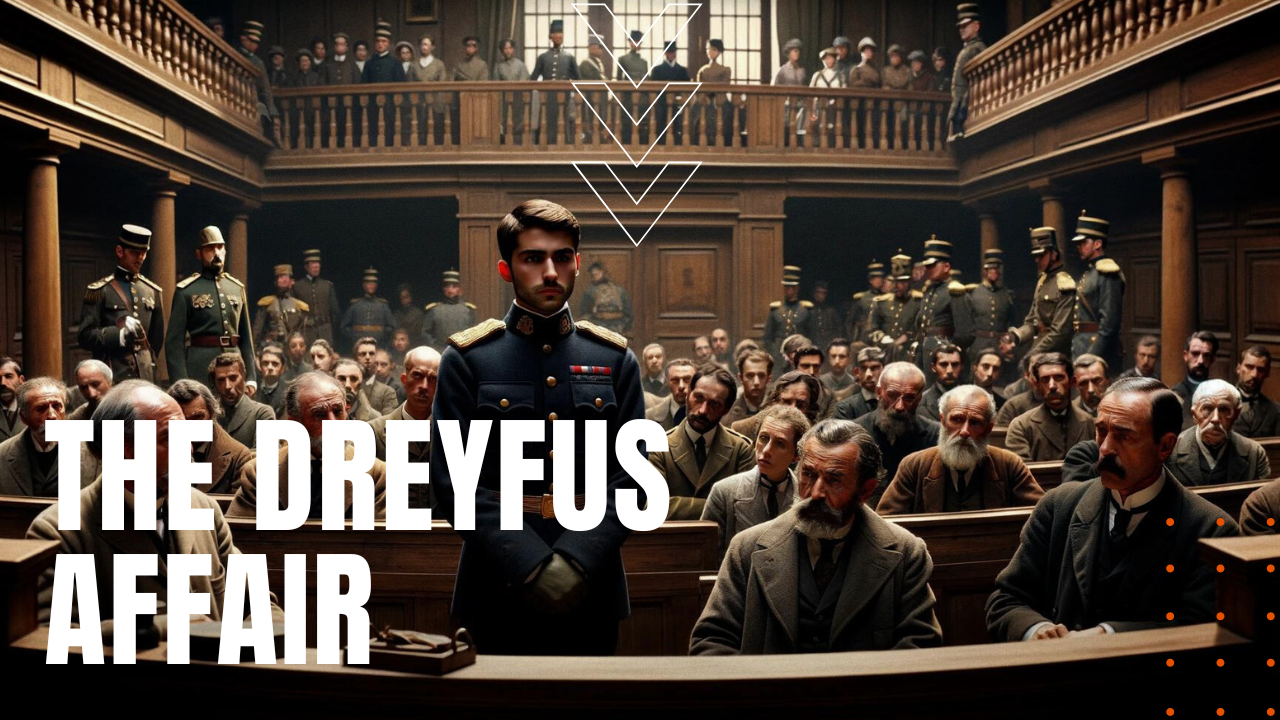The Dreyfus Affair

With its roots in the ancient Roman Empire, Europe in the Middle Ages experienced brutal waves of antisemitic violence against Jews, spawned largely by the Christian belief that Jews were collectively responsible for the death of Christ. Beginning in the 13th century, cities around France began expelling Jews from their ranks independent of the crown, until all Jews were formally expelled from the country in 1306, by order of King Charles VI, only to recall them in 1315, provided they paid a fee for the privilege of their return. Those who did so were forced to wear a Jewish identification badge—a telling foreshadowing of the holocaust to come.
Still More Persecution
While European antisemitism persisted unabated over the coming centuries, anti Jewish sentiment came to yet another head in 1894 France, when a spy inside the German embassy in Paris discovered a ripped-up letter in a wastebasket with handwriting said to be that of Alfred Dreyfus, a Jewish artillery captain in the French army. Lacking any convincing evidence other than his Jewish heritage, Dreyfus was convicted of treason in a closed military court-martial, publicly stripped of his rank amongst chants of “death to Judas, death to the Jew,” before being sentenced to life in prison at the Devil’s Island penal colony off the coast of French Guiana—a brutal place where few prisoners ever returned from. Two years later, George Picquart, the new head of an army intelligence unit, came forward with evidence pointing not to Dreyfus but to Major Ferdinand Walsin Esterhazy as the real traitor, however, his bosses suppressed his evidence, instead transferring Esterhazy to North Africa and later prison.
Exposed
Despite the attempted coverup, as word of Dreyfus’ innocence spread throughout the nation, the debate sparked deep divisions within French society, including an extensive re-examination of French politics, religion and the national stain of French antisemitism, leading famed French writer Emile Zola to publish his open letter “J’Accuse,” denouncing both the military establishment and the government for their role in the coverup. Under intense public pressure, Dreyfus was retried in 1899, and while he was found guilty on lesser charges, he was finally exonerated in 1906 before his reinstatement into the French army, making the Dreyfus Affair, a poignant look inward into the dogged hatreds of French society.
